“Put out into deep water and lower your nets for a catch.”
A command to do something, and a promise – that is what happens in this early interaction Simon Peter has with Jesus. And it had to be exasperating for Simon, because, as he says, they’ve been hard at it all night long and their efforts were fruitless. They’re tired, they’re frustrated, and possibly even a little embarrassed and scared because this was their life’s work and by the accounts we have in the Gospels, they weren’t doing very well. But something in the command, and in the person of Jesus, convinced him to lower the nets. And Jesus makes good on the promise that came with the command: they netted a catch, and not just any catch, but a big enough catch to fill two boats beyond capacity. A command, and a promise fulfilled.
“Put out into deep water and lower your nets for a catch.”
If you get the idea that we’re not just talking about fish here, you’re catching on, so to speak. Putting out into deep water is a command we could all use to take a bit more seriously. Because I think we all settle for looking around on the shallow end, and honestly, we don’t find much of anything in shallow water. Here’s the shallow water that I think we spend our time in way too often: binge watching television shows; doom-scrolling on the internet; getting our news off of questionable sources on the internet and television and believing them like they were the holy Gospels; accepting our eighth grade catechesis and faith formation and never engaging it at an adult level; insisting on our own way in personal relationships, loving our sins, and tuning out the world in such a way that we never have to grow in our humanity. And that’s a short list. It’s shallow water, and if we are honest, we all look for our food there way too often in our lives.
Today, Jesus invites not just Simon and the others, but also us: “Put out into deep water and lower your nets for a catch.”
If Simon could fish in the deep water after a long night of the same old nothing happening, we too can accept our Lord’s invitation to go deep and expect a catch too. I think this is something worth looking at. As I mentioned, you can almost hear the exasperation in Peter’s voice: “Master, we have worked hard all night and have caught nothing…” They have given up. All they wanted to do was go home, clean up, and call it a day. But I think it’s not just that they have given up on that day’s catch. They have given up completely. They have failed to make a catch more than once, and they may have given up hope that there were any fish to be caught.
Are we in that place too? The world is crazy and upside-down, and the day’s news can be amazingly disheartening. Crime rages in our cities and nobody has a worthwhile solution. I keep waiting for someone to write a book called No Suspects Are In Custody, because no one even wants to risk helping anyone or being part of a solution. Meanwhile one politician points the finger at another for just about every problem we can imagine. There isn’t respectful dialogue anywhere anymore: not on talk shows, not in Congress, not on the internet, not in communities. Everything is so disheartening that we just want to give up, go home, and call it a day. What difference does it even make if we try to change things? No one wants to listen, no one wants to change, no one wants to grow. We’ve given up on ourselves and don’t even see ourselves as worthy of the deep water and the experience of growth.
But Jesus does. “Put out into deep water and lower your nets for a catch.”
Peter was in that place, but Jesus saw more in Peter than Peter did in himself. He saw the one who could be zealous and on fire and make mistakes and accept forgiveness and live to grow and walk on water and witness to the Resurrection, and nourish a fledgling Church. He saw someone who could put out into deep water and catch an amazing haul for the Kingdom of God. Peter was an extremely unlikely leader: he couldn’t even lead his crew to make a catch of fish when it was his life’s work. But Jesus sees the miracle in the unlikely. And so he commands him: “Put out into deep water and lower your nets for a catch.” And you know what? Peter’s nets get filled beyond capacity; beyond his wildest dreams.
Jesus sees so much more in us than we see in ourselves. But we have to be willing, as Peter was, to try again, to go deep, and to expect a catch. We have to be willing to learn new things that challenge our preconceived notions. We have to be willing to expose ourselves to good sources of information and faith formation. We have to be willing to listen to others, even if we don’t agree, and expect to learn something from the interaction. We have to be willing to look for what Jesus wants us to catch in every situation, and willing to stay with it, no matter how exasperated we are.
Let’s pray with this. I invite you now to close your eyes, and make yourselves comfortable. Spend a minute or so quieting your heart and your mind, imagine being on that boat with Jesus… Bring whatever is exasperating in your life into the boat with you. What have you been working at long and hard, without seeing any real results? What is frustrating and affecting your relationships and your own wellness? What is it of which you have caught nothing? … Listen as Jesus commands you to put out into deep water and lower your nets for a catch. Where is the deep water in your situation? Where is it that you have been afraid to go? Can you go there and lower the nets, expecting Jesus to make good on his promise? … What is Jesus giving you in this moment to encourage you to stay in the deep water? Can you commit to Jesus that you’ll stay in the deep and continue to lower your nets for a catch? Even if the prayer isn’t answered right away, can you set aside your fear and trust in your Jesus?
“Put out into deep water and lower your nets for a catch.”
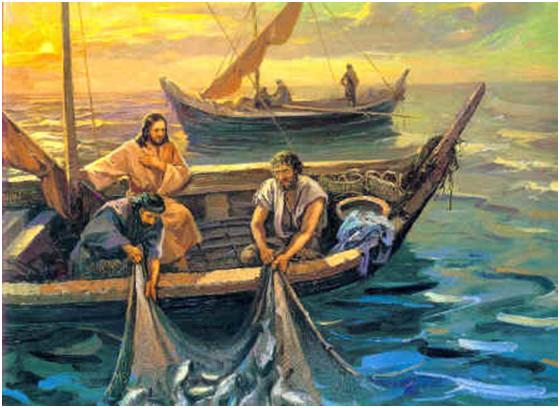

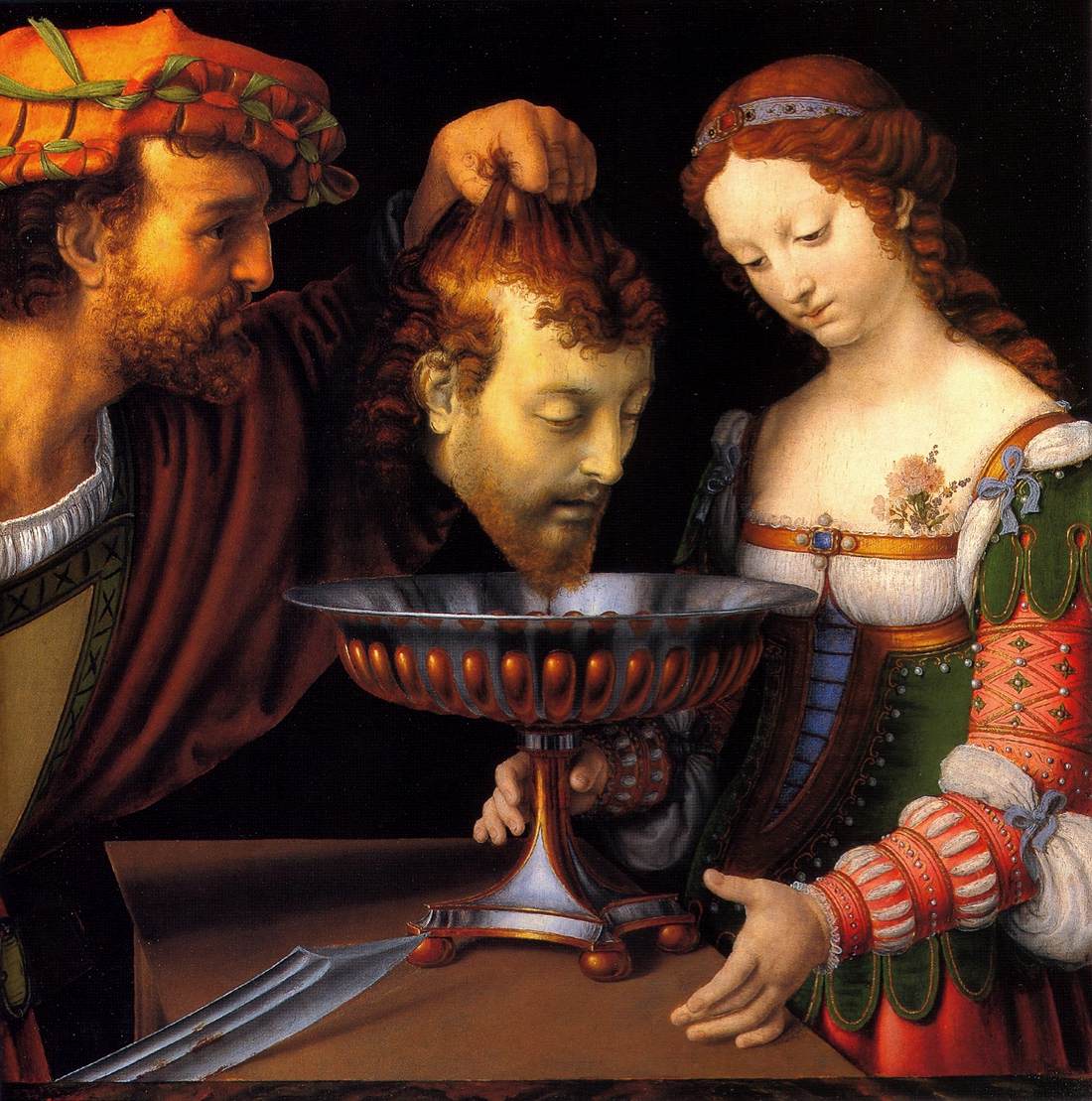
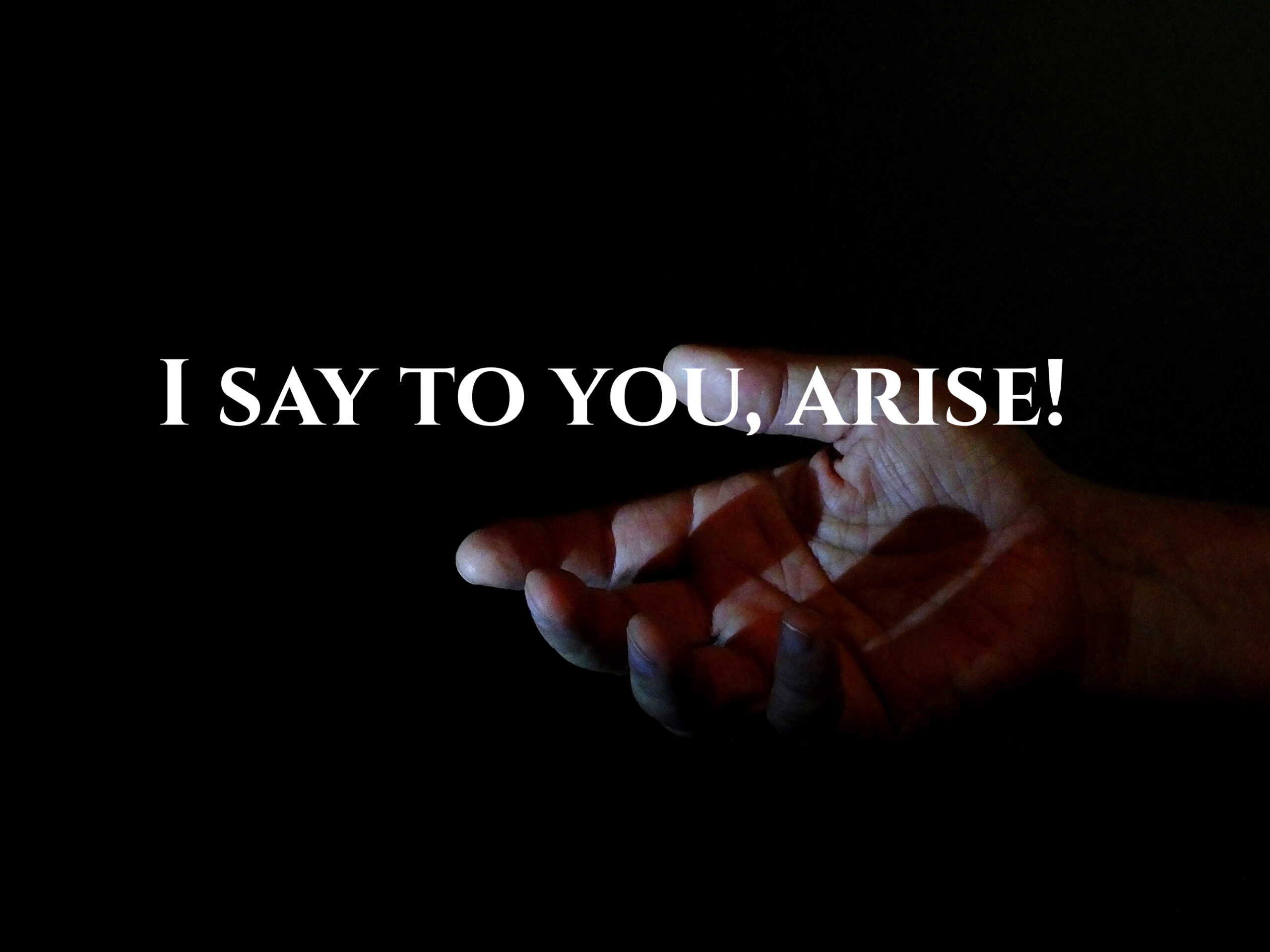




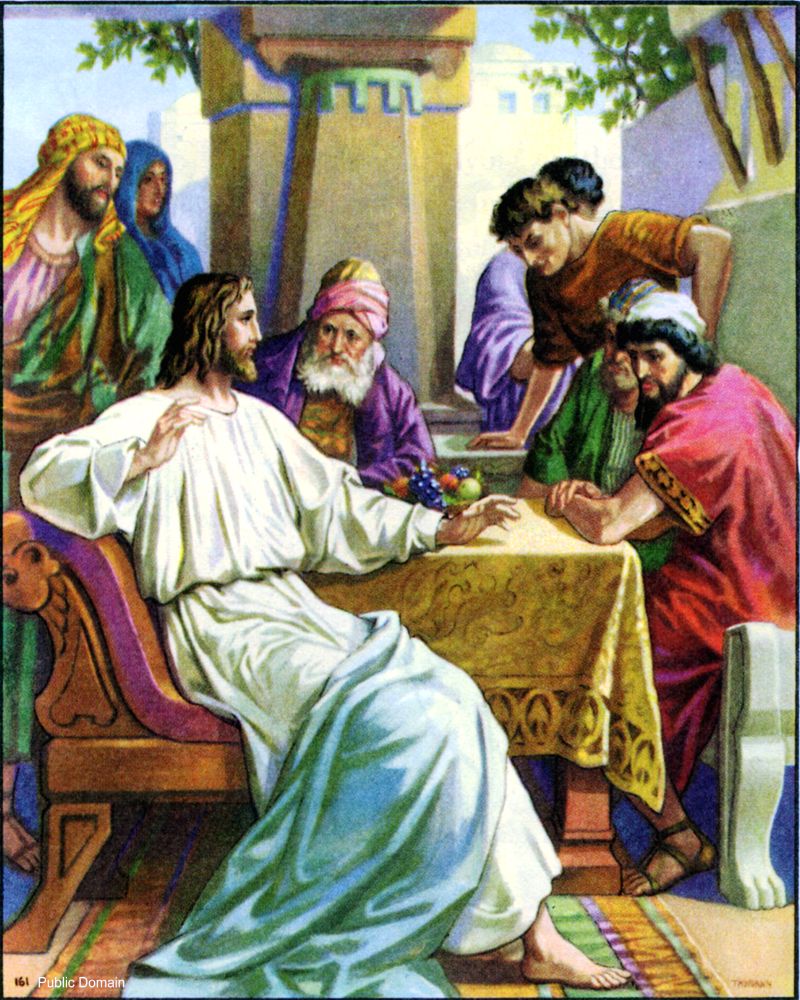
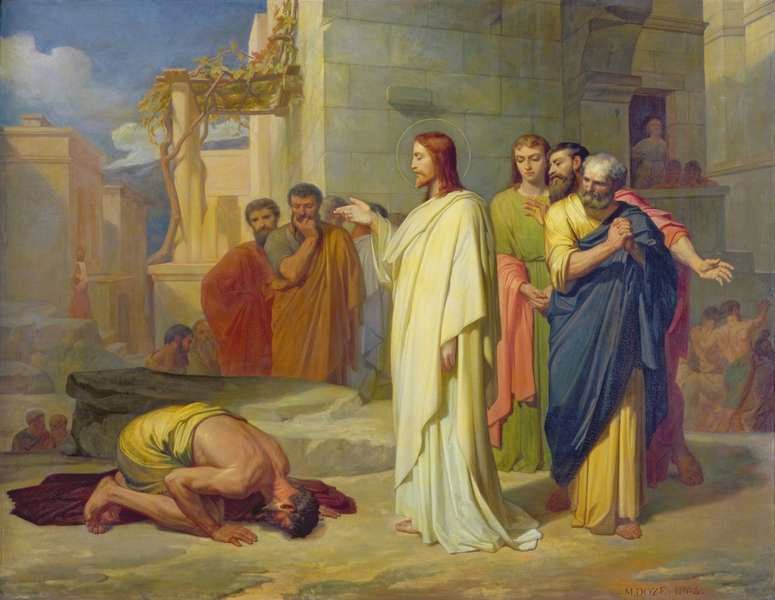
You must be logged in to post a comment.